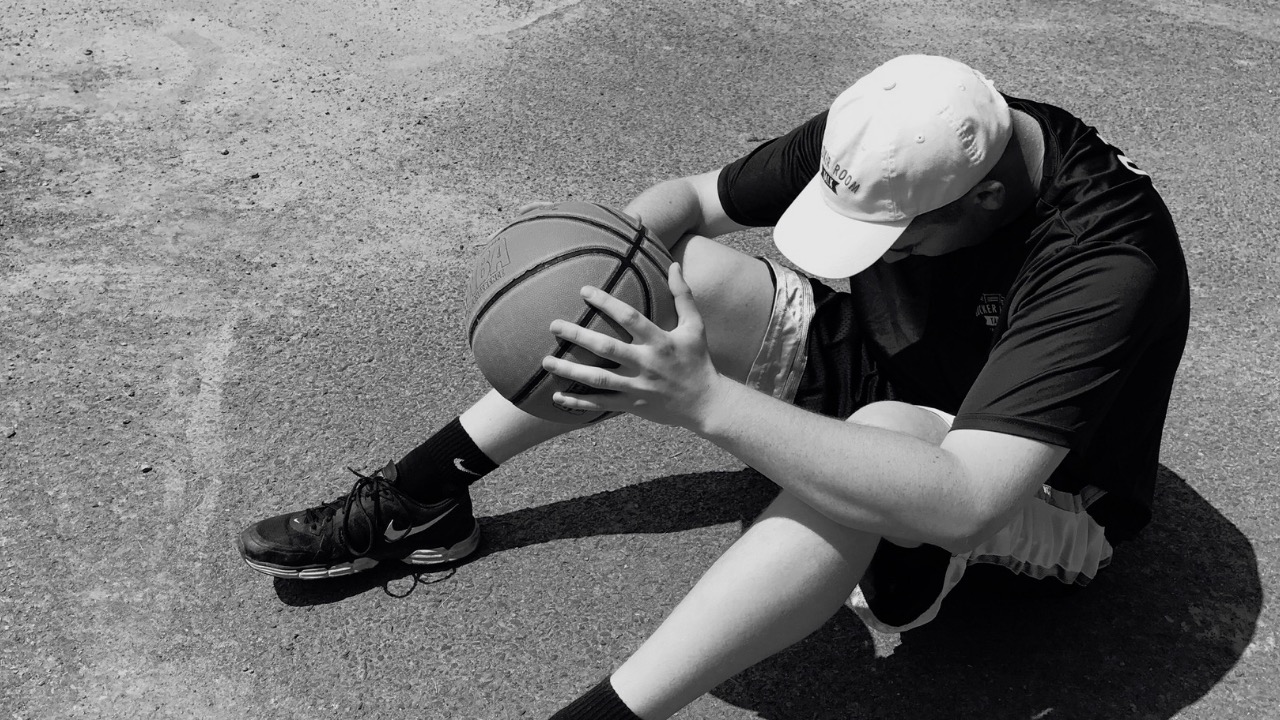The COVID-19 Lockdown's Effects on Mental Health of Athletes
- May 27, 2020
- LIFESTYLE
- Iggy Gonzales

Let's face it: everyone is still having a hard time adjusting to the new normal that we are living as the 2019 Novel Coronavirus Disease (COVID-19) pandemic is changing the way we live our lives. And while sports fans have been stuck at home without any live sports to watch on TV and that reality looks to continue until the end of 2020, we tend to forget that the lockdown around the world has effects on athletes aside from the fact that they don't play games.
More than the physical aspect, the lockdown has a direct effect on the mental health of athletes.
For some athletes especially those who were supposed to compete in the 2020 Tokyo Olympics and the Paralympic Games, not being able to train like they usually do causes athletes to experience anxiety while others suffer from insomnia which caused by the sudden change in their everyday routine not just as an athlete but as a human being in general. And the number is alarming.
A study conducted in the United States says that in 2016, 6.3% of the college student-athletes have signs that they are suffering from significant depression while another research states that 25% of the high school student-athletes have shown signs of suffering from depressive symptoms. Experts in the field of mental health explain that the student-athletes have been experiencing an additional amount of stress due to their athletic competition in addition to their everyday lives which could create a toxic brew that could lead to mental health problems. And that was before COVID-19 disrupted life in 2020.
Even elite athletes have been reported to be suffering from depression and other mental health problems as the study says that the culture of playing sports, in general, can help people from the outside recognize the signs and symptoms that an athlete is indeed suffering from a mental health illness. And for athletes who play team sports such as basketball, research shows that an athlete who engages in team training has lessened the pain that the athlete is feeling aside from the performance boost that he is getting. Now that athletes aren't allowed to do team training, the shift to doing solo exercise can be both frustrating and painful as it puts a significant amount of mental strain even among the most resilient athletes.
The good news is: there are ways for athletes to overcome these mental health problems as they are trained to overcome any adversary that they may face in their journey. For starters, having the right support group such as family, friends, and mentors will help them get through with the illness. It's about reminding these athletes that they have already handled and overcame worse adversaries in the past and that, they can too, handle and overcome this one.
Photo is from LRT Sports
